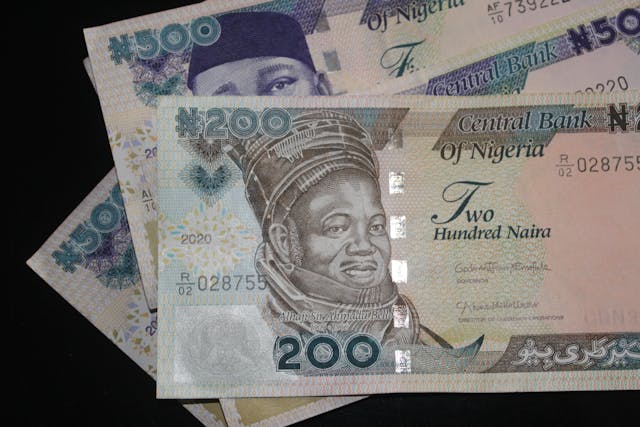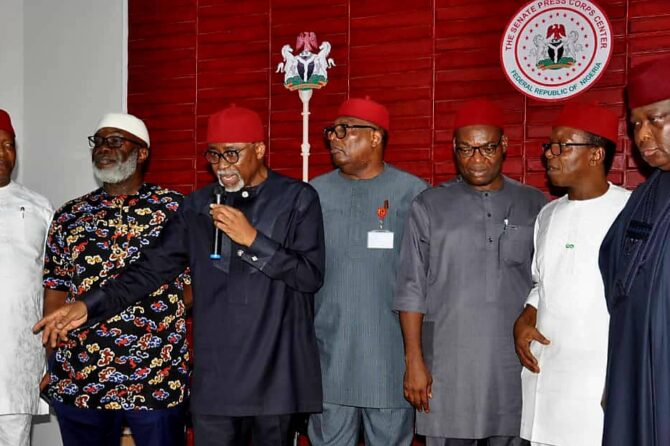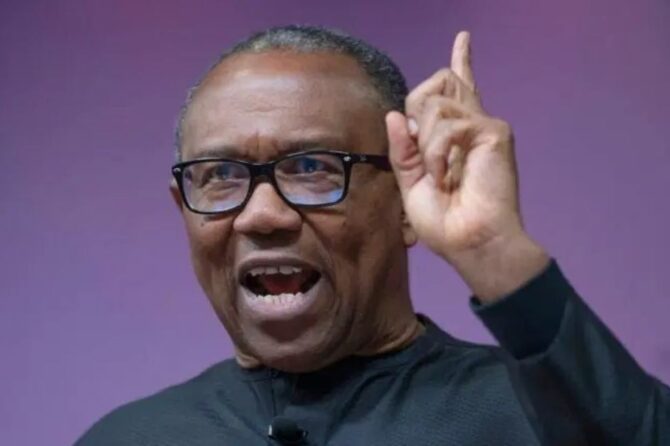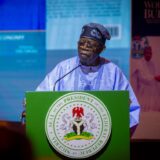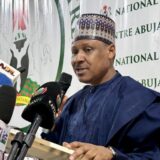Naira Strengthens Marginally in November Amid Economic Challenges
The Nigerian naira exhibited modest gains against major foreign currencies in November, providing a brief respite amidst ongoing economic pressures. Data from FMDQ Securities Exchange and Bureau de Change (BDC) operators revealed a slight appreciation in both the official and parallel markets, reflecting a complex interplay of economic policies, market dynamics, and global factors.
Performance Overview
In the official market, the naira strengthened by 0.17%, moving from ₦1,675.49 per dollar at the beginning of November to ₦1,672.69 by month-end. The parallel market showed a more pronounced improvement, with the naira appreciating by 0.40% against the dollar, closing at ₦1,743/$1 compared to ₦1,750/$1 at the start of the month. Similar trends were noted against the pound and euro, with the naira gaining 1.76% and 1.88%, respectively.
Background: Nigeria’s Exchange Rate Crisis
Nigeria’s foreign exchange crisis is rooted in several structural challenges. The country remains heavily dependent on oil exports, making its economy vulnerable to global oil price fluctuations. Despite being Africa’s largest economy, years of inadequate diversification have left the nation reliant on crude oil revenues, which account for over 80% of its foreign exchange earnings. Recent global energy market volatility, especially weakened demand from key importers like China, has further strained foreign reserves.
Additionally, forex supply constraints and speculative trading have intensified pressure on the naira. The disparity between the official and parallel markets, exacerbated by limited Central Bank of Nigeria (CBN) interventions, has fostered uncertainty and market volatility.
Economic and Social Impact
The naira’s instability significantly impacts the Nigerian economy and its citizens. Persistent depreciation has fueled inflation, driving up the cost of imported goods, including essential commodities and raw materials for manufacturing. For ordinary Nigerians, this translates to higher living costs, eroding purchasing power, and increasing economic hardship.
Businesses face challenges in securing foreign exchange for imports, affecting operations and profitability. Small and medium enterprises (SMEs), which form the backbone of Nigeria’s economy, are particularly vulnerable. The forex crisis has also discouraged foreign investment, as potential investors perceive heightened risk and reduced returns.
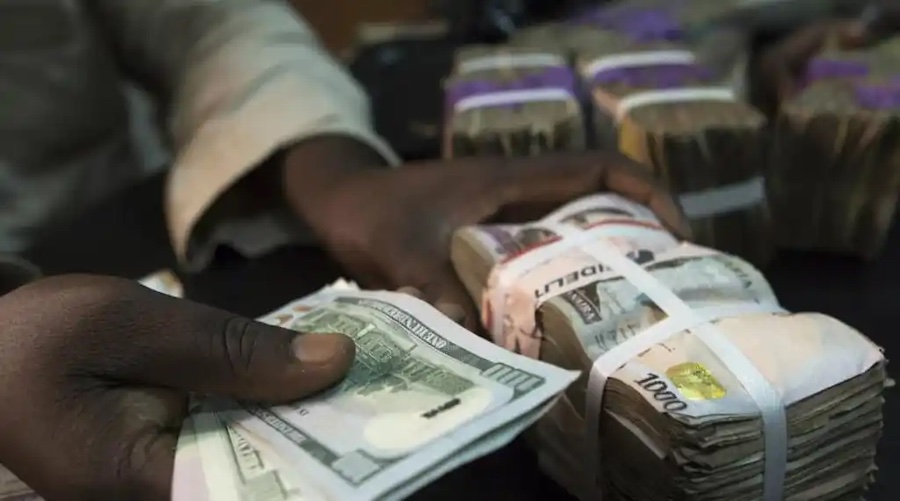
Factors Supporting the Naira’s November Performance
Several factors contributed to the naira’s marginal appreciation in November:
- Government Interventions: The CBN’s periodic forex sales to BDC operators and efforts to enhance dollar liquidity played a role in stabilising the market. For instance, the sale of $20,000 to eligible BDCs at a fixed rate helped moderate demand pressures.
- Oil Revenue Management: Nigeria’s foreign reserves grew by 1.10% in November, indicating better forex management. Additionally, reduced dependency on refined fuel imports, with the Dangote Refinery commencing operations, could ease future dollar demand.
- Seasonal Demand Patterns: Increased trading activities and importation pressures, particularly towards the year-end holiday season, influenced exchange rate dynamics. However, government measures to exempt duties on certain imports may have mitigated some impacts.
Solutions and Prospects
Addressing Nigeria’s forex challenges requires comprehensive economic reforms. Key strategies include:
- Economic Diversification: Reducing dependency on oil by promoting sectors such as agriculture, manufacturing, and technology could provide more stable foreign exchange sources.
- Strengthening Reserves: Improving revenue collection, particularly from non-oil sectors, and curbing corruption could bolster foreign reserves.
- Policy Stability: Consistent and transparent monetary policies would enhance investor confidence and reduce market speculation.
- Local Production Incentives: Encouraging local production and reducing import dependency, especially for essential goods, would alleviate forex pressures.
Looking ahead, Nigeria’s economic trajectory hinges on the success of ongoing reforms and global market trends. While November’s marginal gains offer hope, sustained stability will depend on structural changes and prudent economic management.


